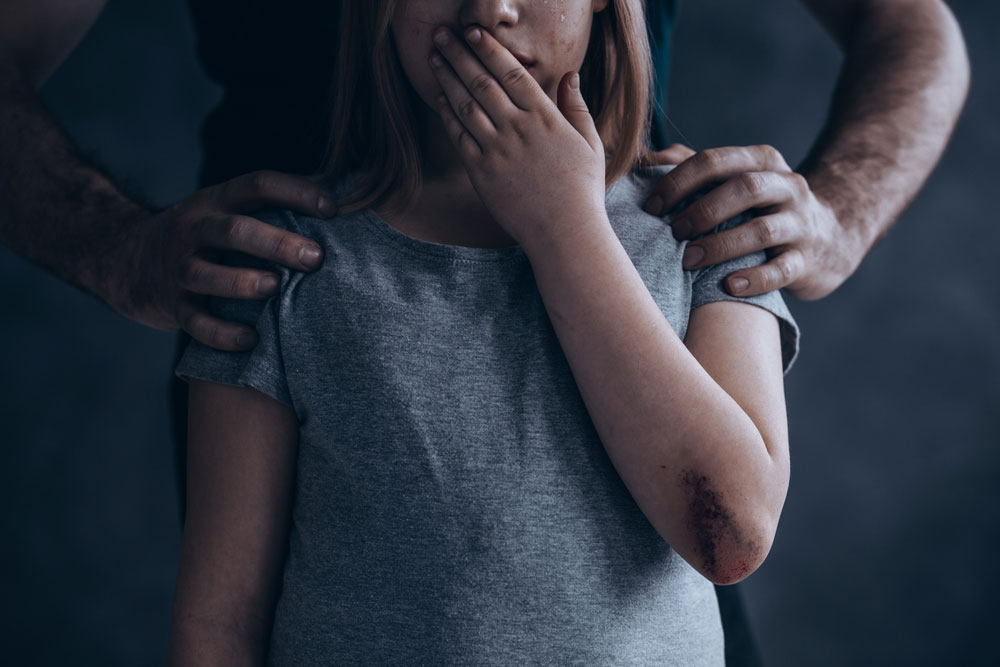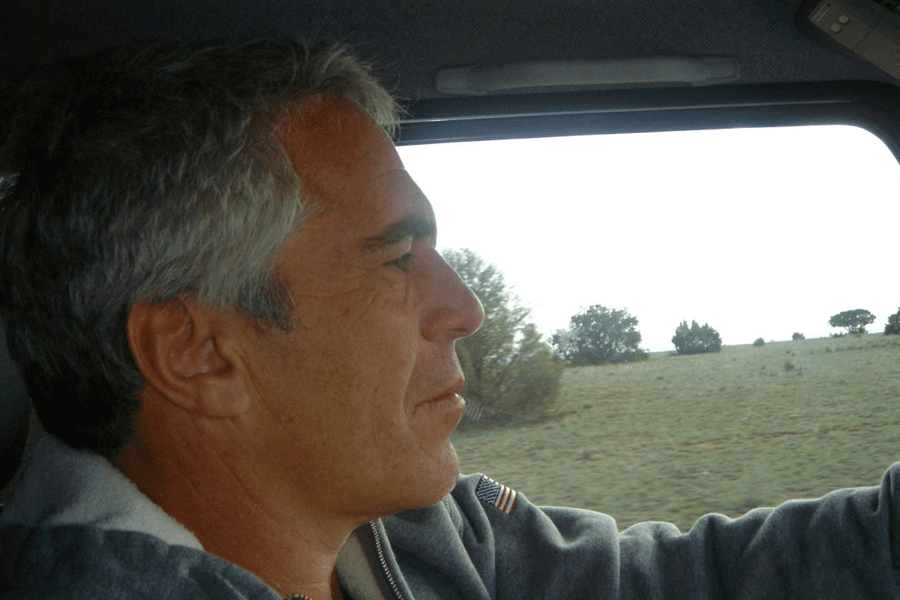A writ petition filed by the father of a four-year-old who had been sexually assaulted in school has led to a high court-appointed committee framing a comprehensive set of guidelines to deal with child abuse in educational institutions.
One of the key facets of the guidelines framed by the committee is the option given to a traumatised student to seek a transfer to another school. Once the choice is made, the school where the child was studying would need to coordinate with the one where admission has been sought.
There can be no conditions for admission except that the parents of the child will need to pay the tuition and other fees applicable to all students of that institution. It won’t be binding on the new school to grant automatic promotion to the child, but failure to score the stipulated pass marks in any examination cannot be the deciding factor either. This restriction on the school will remain for the first two years after the child is admitted.
The guidelines have been submitted to the court for scrutiny before being notified, a government official said.
The expert committee, comprising representatives of schools and child counsellors, had been set up during a hearing of the writ petition on September 26.
The committee has recommended setting up a state-level nodal organisation to monitor whether schools have been abiding by the new norms, which include organising training sessions for children to be able to tell a bad touch from a good one.
“Every child should be taught to promptly report an unwanted touch or any kind of inappropriate behaviour to a trusted adult. The person the child chooses to approach could be the principal, a teacher or someone deputed to look into complaints of sexual abuse,” the official said.
The guidelines contain examples of what is inappropriate behaviour and what isn’t. If a teacher often hugs a student without reason or makes her uncomfortable with any other action, it can be construed as a bad touch. Conversely, it shouldn’t be considered a sexual touch if a teacher spontaneously hugs a student for scoring a goal during a football match or consoles another by putting an arm around her.
The guidelines mention that every school should appoint someone to ensure compliance. That person will be also responsible for conducting programmes for teachers and other employees and raising awareness about prevention of child abuse on the campus.
In the event of an incident of child abuse being reported, the designated official will be responsible for maintaining records pertaining to that complaint, coordinating with child rights protection agencies and helping them expedite the investigation.
WHAT THE PANEL RECOMMENDS
- Help victims change schools if they wish to do so
- Set up a state-level nodal body to deal with complaints of child abuse
- Children should be taught in school to differentiate between a good and a bad touch
- Create awareness about the guidelines among school staff and ensure proper implementation
- Parents, teachers and other staff must be sensitised about IPC, Pocso Act, Juvenile Justice Act and CPCR and taught how to lodge complaints
- Agencies working for the protection of child rights must have better coordination
- Past records of all candidates for jobs in schools must be verified before they are recruited
- Schools must have complete details of all students
- Details of students must be shared with childcare agencies like the state commission for protection of child rights










